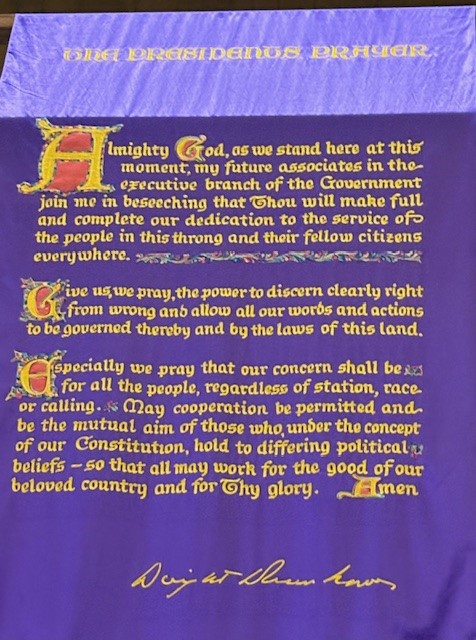Eileen McKenzie Fowler was a lawyer in LaPorte, Texas, until her resignation in lieu of disciplinary action was accepted by the Texas Supreme Court in April of last year following complaints against her. Her resignation reminded me of a post I did several years ago about the Texas Unclaimed Mineral Proceeds Commission.
Descendants of Spanish and Mexican land grants in Texas have long believed that, as descendants, they must be entitled to escheated royalties attributable to production from the grants made to their ancestors. In 2013 the legislature passed House Bill 724, creating the Texas Unclaimed Mineral Proceeds Commission, charging it to study and provide recommendations regarding distribution of unclaimed royalties held in Texas unclaimed property fund. The legislation was in response to these claims by these descendants. The Commission met eight times and took voluminous testimony, producing a 100-page report.
The report of the commission spends a good deal of time discussing the testimony and claims of Eileen McKenzie Fowler. Ms. Fowler dedicated her practice to representing descendants of the grantees of original Spanish and Mexican land grants in Texas. She had her own website where she posted information about Spanish and Mexican land grants, and a brochure containing information about Heirs Enforcing Inheritance Rights (HEIRS), a membership organization she promoted. Ms. Fowler agreed to represent heirs in suits to determine heirship – legal proceedings in which she proved the lineage of descendants of land-grant grantees. According to the report, Ms. Fowler said she charges “$300 per client, and in some cases as much as $375 per client. If true, she has collected millions of dollars in legal fees from the descendants. To date, she admits she has not recovered any mineral proceeds for her clients.” The Commission goes to some length to disprove some legal claims made by Ms. Fowler. One statement on Ms. Fowler’s website is that “in the case of land grants, if no mention is made of the minerals or the transference of minerals by sale or conveyance of the land, the minerals are retained by the seller and pass to his or her heirs.” In other words, when the original grantee of the land grant sold his land, the deed did not pass title to the minerals unless it specifically so provided. All Texas attorneys know that this is not the law. A deed of land passes title to all minerals owned by the grantor unless those minerals are specifically reserved in the deed. The Commission concluded:




